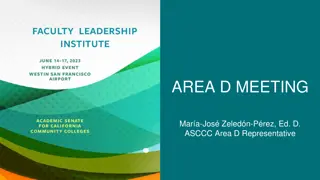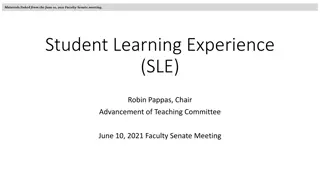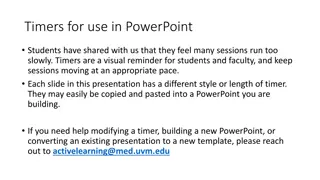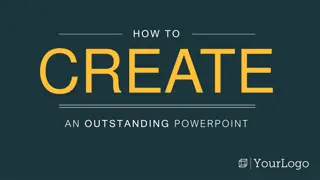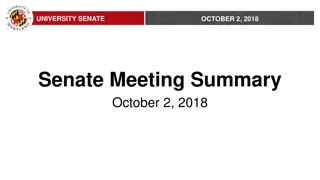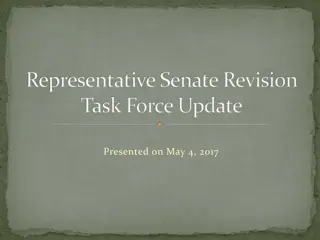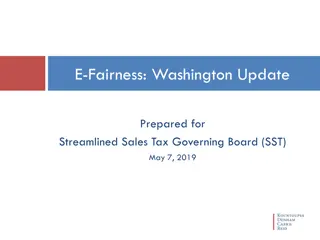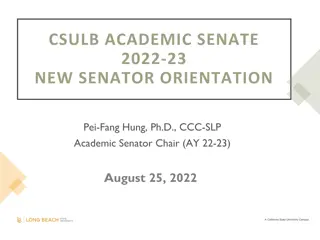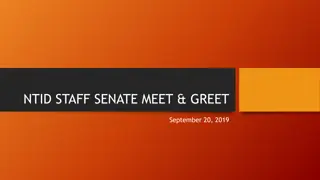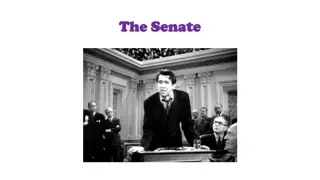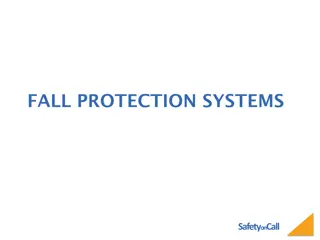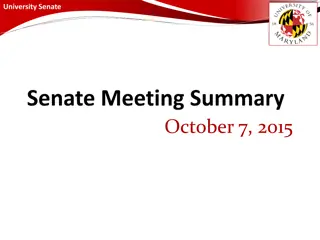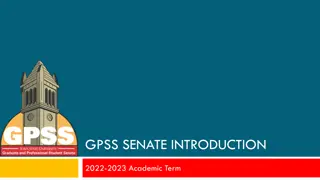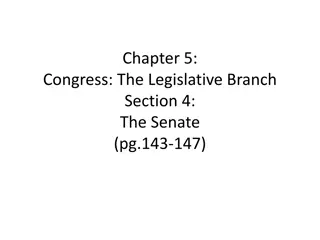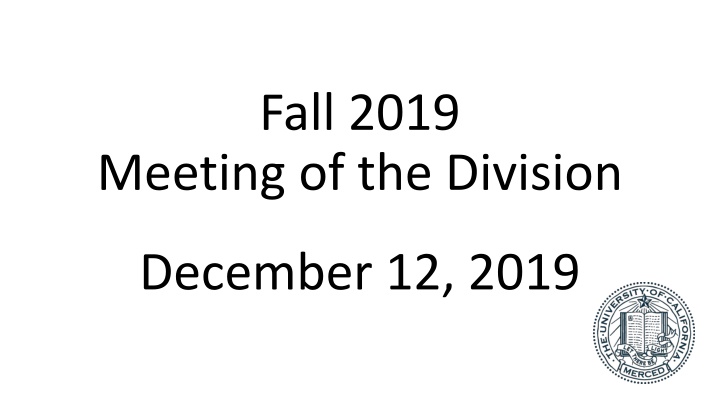
Academic Planning Process Overview and Phases for School Success
Discover the Academic Planning Process's purpose, values, phases, and objectives for aligning institutional vision with school-level goals. Get insights on transparency, predictability, integration, adaptability, and accountability through this comprehensive process.
Download Presentation

Please find below an Image/Link to download the presentation.
The content on the website is provided AS IS for your information and personal use only. It may not be sold, licensed, or shared on other websites without obtaining consent from the author. If you encounter any issues during the download, it is possible that the publisher has removed the file from their server.
You are allowed to download the files provided on this website for personal or commercial use, subject to the condition that they are used lawfully. All files are the property of their respective owners.
The content on the website is provided AS IS for your information and personal use only. It may not be sold, licensed, or shared on other websites without obtaining consent from the author.
E N D
Presentation Transcript
Fall 2019 Meeting of the Division December 12, 2019
Academic Planning Process December 12, 2019
Objectives Provide overview of purpose Provide overview of values/goals Provide outline of timeline Provide opportunity for questions
Purpose Align institutional vision and mission with school-level values and goals Establish path toward R1 while maintaining our commitment to our students Facilitate school-level long-term strategic planning Decentralize department resource allocation decisions Develop predictable and sustainable resource allocations to support academic mission Integrate process with broader campus planning efforts i.e., budget, enrollment, general education
Values/Aspirational Goals The values/aspirational goals of the Academic Planning Process are: Transparency develop a process that is clear and easily understood Predictable develop a process that can reliably be used for future needs Integrated develop a process that is connected with other campus processes Adaptable process is living as plans can be revisited and adjusted over time to meet campus needs Accountable develop a process to measure progress
Phases of Academic Planning Process Phase I (September 2019 January 2020) Establish school-based values/aspirational goals aligned with Indices of Success for campus Phase II (January 2020 September 2020) Develop school 5-year plans Phase III (September 2020 April 2021) Revise school 5-year plans and allocate resources to schools
Questions? Any questions?
GE implementation update Jay Sharping and Valerie Leppert December 2019 Meeting of the Merced Division
Acknowledgements and thanks General Education Executive Committee (GEEC) ? Susan Amussen, Social Sciences, Humanities and Arts; Austin John Escobar, Associated Students, University of California, Merced; Abbas Ghassemi, Engineering; Paul Gibbons, Merritt Writing Program; Boaz Ilan, Natural Sciences; Catherine Keske, Engineering; Erik Menke, Natural Sciences; Brian O Bruba, Student Affairs; Derek Sollberger, Natural Sciences; Michelle Toconis, Merritt Writing Program; and Jack Vevea, Social Sciences, Humanities and Arts. ? Office of Undergraduate Education ? James Zimmerman, VPDUE ? Alisha Kimble, Asst. Dean; William Lentz; Juana Dumagan ? Michelle Greenwood, GE Program Coordinator ? Senate Chairs and Committees ? Jay Sharping, Chair, and Committee, Undergraduate Council ? Christopher Viney, Chair, and Committee, Rules and Elections ? Susan Amussen, Kevin Mitchell, Mukesh Singhal; School Executive Committee Chairs ?
Acknowledgements and thanks Senate Staff ? Laura Martin, Executive Director ? Fatima Paul, Associate Director, Analyst CRE and UGC ? Provost s Office ? Gregg Camfield, Provost ? Kurt Schnier, Associate Provost, Academic Planning and Budget ? Rich Shintaku, Chief of Staff, Sharon Butler, Chief Administrative Officer; Maggie Saunders, Executive Director, Space Strategies ? School Deans ? Betsy Dumont, SNS ? Jeff Gilger, SSHA ? Mark Matsumoto, SOE ? Student Affairs ? Charles Nies, Vice Chancellor Student Affairs ? ? Faculty who gave feedback on the bylaws and voted
Principles of the GE chair and the GEEC Consults broadly and works transparently ? Evidence based ? Student centered ? Uses time and resources effectively ? Applies change management principles ?
Priorities 18/19 19/20 20/21 21/22 Spark seminar delivery/assessment GE chair appointed (Oct. 18) GE Executive Committee (GEEC) Appointed & Structured/Coordinator Backlog GE designations (170) Spark proposals, Co-curr. badges. Spark improvements/by-laws GE assessment plan/e-portfolio GE gap analysis and response Implementing all 4 years Assessment/Improvement
Updates Bylaws passed with 91% approval ? GE Coordinator Michelle Greenwood hired ? Office of Undergraduate Education GE assessment staff Linda Sheehan hired ? 97% Spark completion rate in Year 1 ? Continued work on review, approvals, and program implementation ? Streamlining of processes with school curriculum and advising staff, registrar, Senate committees ? We are here!
Up and coming opportunities Planning for assessment and continuing improvement ? ? American Association of Colleges and Universities (AACU) consultant ? E-portfolio Language requirement ? Writing in the disciplines ? Gaps in offerings ? Spark improvements We are here! ? Badges - meaning and documentation ? Change management ?
Questions or comments Please watch for your opportunity to provide input and feedback in the coming months
Adapted from GE web page Culminating Experience-a capstone course, senior or advanced seminar, service-learning course or portfolio Experience badges-achieved in courses (any type) and co-curricular activities Crossroads courses-address a specific topic from an interdisciplinary perspective Writing in the disciplines-an UD writing or writing-intensive course in the major Approaches A (3@ NS and ENG) +B (3@ SSHA) menu of courses from the schools Quantitative reasoning-quantitative methods are applied to support arguments and solve problems Written communication-develops college-level skills Language-exposes students to different ways of structuring thought Spark Seminar-introduces first-year students to life at a research university

